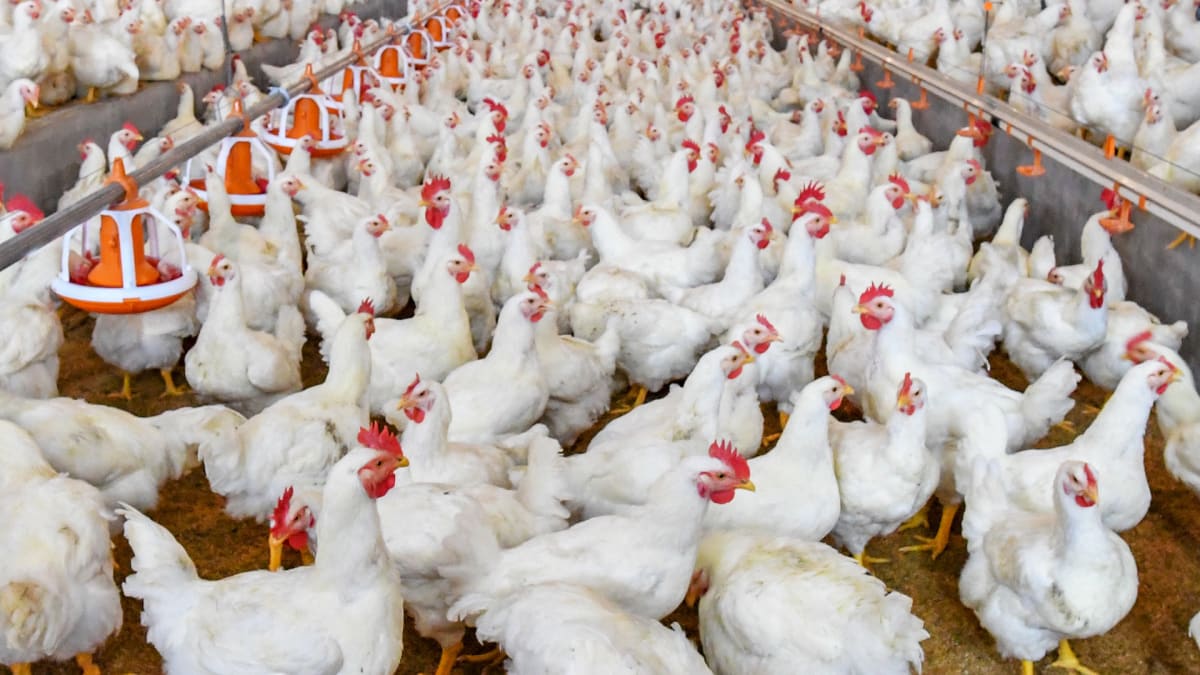
Meat grown in laboratories is a step closer to coming to market with a recent decision by the Food and Drug Administration.
Good Meat, Inc., a California startup, said it received a “no questions” letter from the FDA earlier this month, as part of the agency’s initial review of the process. Upside Foods won a similar preliminary clearance last fall.
Good Meat and other lab-meat companies are developing “a new kind of meat, poultry and seafood made from cells instead of raised and slaughtered animals,” the company said in a statement.
“The company is now working with the U.S. Department of Agriculture on necessary approvals before world-renowned chef and humanitarian José Andrés becomes the first in the country to offer GOOD Meat’s chicken to customers at a restaurant in Washington, D.C.,” the company said. Andrés is a member of the company’s board.
Good Meat isn’t the only player in the space, which some analysts see hitting $25 billion by 2030.
Mammoth Meatballs Anyone?
An Australian startup called Vow plans to create never before seen or imagined combinations of flavors and textures.
To do that, it has assembled a multi-species cell library to use as building blocks. Part of the challenge, according to co-founder and CEO George Peppou, is finding the right kind of cells to host the DNA, ones that will grow quickly enough while still providing the right taste, texture and nutritional characteristics.
“We can create a product that animals can’t” Peppou told a New Harvest conference last fall.
As a demonstration, the company recently grew a meatball based on the genetics of an extinct mammoth. Apparently nobody’s going to taste it, however. "We have no idea how our immune system would react when we eat it," Prof Ernst Wolvetang, at the Australian Institute for Bioengineering at the University of Queensland, told The Guardian.
Lab Meat Has Advantages
Among the advantages cited by industry proponents are avoiding raising and slaughtering millions of animals; the ability to build labs close to where people live, and the ability to use solar power directly to grow meat.
Yet to be answered are questions of whether consumers will accept the products in sufficient amounts to justify expanding the businesses, and whether the creation of new meats can overcome cultural norms. It also seems likely to be endless fodder for conspiracy "theorists."
Still, while plant-based meat alternatives like those from Beyond Meat (BYND) have seen some success, the appetite for traditional meats has grown even faster in recent years, Peppou said, creating an opportunity for lab-grown products derived from animals rather than plants.







